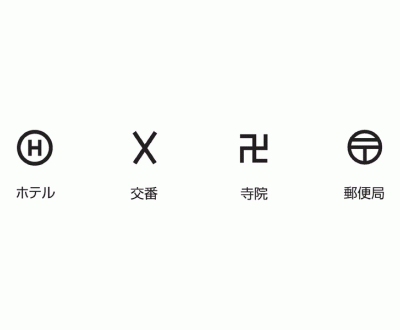Traveling or living in Japan without speaking Japanese
Japanese people speak foreign languages little and poorly. It is important to understand this point before going to Japan, especially for a longer stay than a simple visit. The reasons for this are many (for instance, education and pronunciation), but the result is the same: do not expect, as in many countries, to get by using English to communicate.
Other languages, such as French and Spanish, are even rarer: only in Koya-san and at a few exceptional tourist sites might we find brochures in several languages. After all, we cannot expect that a country whose insularity (or, some say, self-sufficiency) is ingrained in its culture would change in only a few decades. Even the government’s desire to increase tourism has not increased access to and use of English very much.
Even so, we can enjoy Japan and have a wonderful stay without speaking a word of Japanese. However, we may miss many subtleties and have an incomplete understanding of the society. Moreover, off the beaten track and in hotels 🏨 with only Japanese-speaking staff, travel might become complicated and unpleasant. This is even more troublesome for those staying a long time.
English remains very theoretical for Japanese people. Not prioritized in schools, sometimes taught by private tutors with little command of the language, and only tested by multiple choice questions, this international language is barely spoken in real situations, and might cause some confusion for bilinguals or native speakers trying to communicate with Japanese people. Moreover, awkward 和製英語 wasei-eigo (Japanese English) phrases are numerous: in Japan, we say "high-touch," not "high-five," and we look to see where it comes from. Elsewhere, Pizza Hut used the question "Don’t you hungry?" in its official advertising campaign.
Of course, many Japanese people will try to help lost foreigners, even if they do not ask for assistance. Altruistic situations are common. For instance, people may change their plans or change directions to help you reach your destination, or they may call the researched place.
To show some decency in response, it is strongly advised to learn at least the basic expressions, such as these:
konnitchiwa = Good morning/afternoon
- konnitchiwa = Good morning/afternoon
- sumimassèn' = Excuse me
- aligato = Thank you
- nihongo ga wakalimassèn' = I don't understand Japanese
- toilé wa doko dèss' ka ? = Where are the restrooms?
- ikula dèss' ka ? = How much does it cost?
Signs and panels
Since 2015, because of the upcoming 2020 Olympic Games 🏅, Tokyo has renovated its road signs to adapt to the massive influx of foreign visitors. Of the 20,000 signs in the capital city, more than half will be changed by 2020, at the rate of about 2000 per year. To be honest, the literal translations below the kanji do not carry much meaning: the vague "tocho kita" will be changed to "Tokyo Metropolitan Government North," while the shrines will add the word shrine next to jinja, creating a disappointing redundancy.
The whole country is also concerned by recent changes to pictographs used on maps. At the top of the list, the manji (卍), a thousand-year-old Asian symbol that often indicates Buddhist temples, has created confusion in Westerners’ minds because it resembles a swastika, that is unfortunately associated with Nazism since the 1930s.
Other major changes include the following:
- The "H" that indicates a hotel, which could be confused with the symbol for hospitals, will be replaced by a bed;
- The "X" (two crossed sticks), representing the police, will become a police officer;
- The 〒 symbol used by the Japane Post Office will become a simple envelope;
- The hot spring water symbol, which indicates an onsen, will have 3 characters inside the bath.
Who cares if Japan lost a little of its exoticism…?


